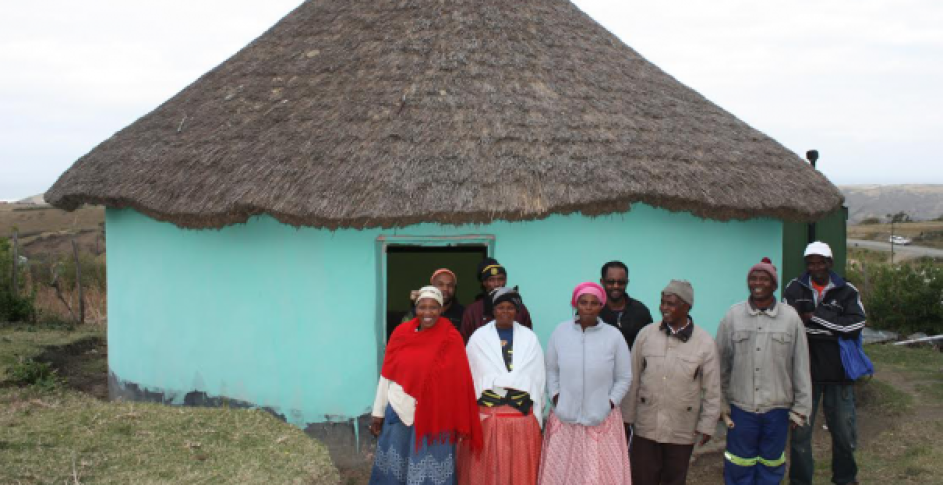
As I am observing the diverse research projects that are emerging in Africa in relation to community networks (CNs), I am compelled to write this short commentary. I have worked in Zenzeleni Networks as a gender analyst for +/- 2 years. As a black African feminist scholar, I was invited to explore and analyze gender dynamics within Zenzeleni Networks. The research focuses on participation of women in Mankosi community in the CN project. The objective for this research was to find a way to create space for women to actively participate in this network project1. This article is not about my research in Mankosi community. However, I will draw more information from my experience in that space.
The fieldwork in Mankosi community caused me to think so much about third-world feminist research in ICTD endeavors. I was overwhelmed by the realization of how much we depend on western theorizing to make sense of our everyday life. Even the research question we ask unthinkingly mimics research questions from/by the West. The research findings in Mankosi humbled me. I learned to clean my eyeglasses first before looking into the community, particularly women’s life.
The fieldwork in Mankosi community caused me to think so much about third-world feminist research in ICTD endeavors. I was overwhelmed by the realization of how much we depend on western theorizing to make sense of our everyday life.
Another political awakening experience happened at the AfriCHI’16 conference in Kenya. Our (I wrote the research finding with three colleagues) paper was accepted in AfriCHI. As the lead researcher and author, with regards to the gender enquiry, I was expected to present the paper. I attended many astounding seminars and workshops in the conference. I met many young African researchers, activists, and practitioners. Of course, I presented the paper, in a room full of academics and practitioners. As usual, presenting a feminist research in conventional technology conferences has its own dynamics.
In relation to this, there have been many critics around the systematic marginalization of research topic related to gender issues in ICTD spaces. However, I wasn’t too unhappy about these dynamics; as after a while you get accustomed to the precariousness of such spaces in relation to feminist work. It is very difficult to predict to what extent your research findings spark interest in such a space. More often, feminist ICT research work that focuses precisely on women and LGBTI group somehow is seen as the sole responsibility and interest of feminists and gender activists. Thus when these types of research are presented in a bigger venue with different experts, it tends to generate awkward communication (Perhaps I will deal with this issue in my next writing).
More often, feminist ICT research work that focuses precisely on women and LGBTI group somehow is seen as the sole responsibility and interest of feminists and gender activists.
Read the full post in GenderIT.org.
Image by Zenzeleni Networks used under Creative Commons license attribution-noncommercial-sharealike.